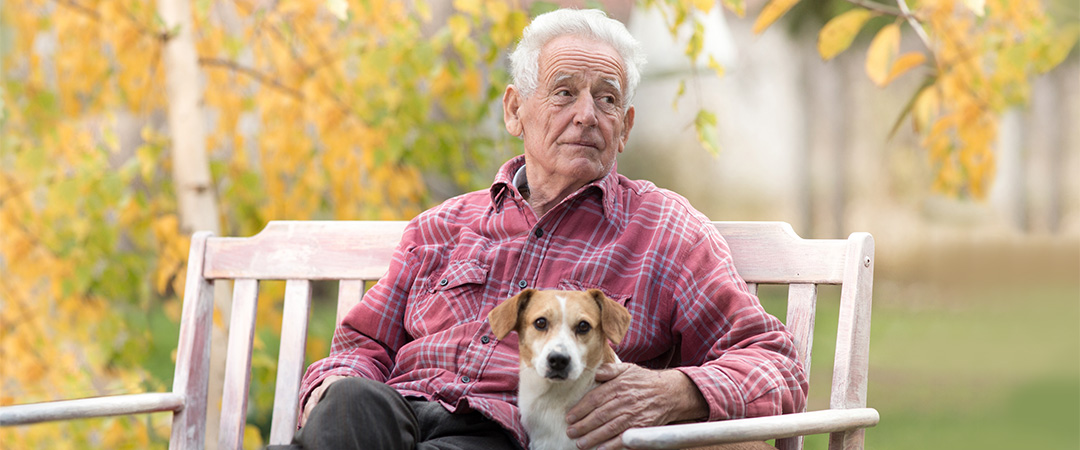
Behavioral health refers to the way a person’s mental, emotional, and social well-being affects daily life. For older adults, behavioral health is just as important as physical health, yet it is often overlooked or misunderstood. Recognizing changes early and providing the right support can make a significant difference in maintaining quality of life. Families, caregivers, and senior communities all play a role in helping older adults protect and improve their behavioral health.
Recognizing Signs of Behavioral Health Changes
Not every mood change is simply “normal aging.” There are clear indicators that an older adult may need additional support. Common signs include withdrawal from favorite activities, noticeable mood swings, persistent sadness, increased anxiety, confusion, or dramatic changes in sleeping or eating patterns. Memory problems or disorientation can also point to behavioral health concerns, particularly when they interfere with daily routines.
Family members and caregivers are often the first to notice these changes. Regular conversations and close observation help identify when something is more serious than an occasional low day. Taking these signs seriously allows for earlier evaluation and treatment.
Factors That Influence Senior Behavioral Health
Many elements can affect mental and emotional well-being later in life. Physical conditions such as chronic pain, diabetes, or heart disease may lead to frustration or depression. Certain medications can have side effects that influence mood or cognition. Major life changes—like the loss of a spouse, a move away from long-time friends, or retirement—can bring feelings of isolation or grief.
Cognitive conditions, including dementia or Alzheimer’s disease, also have a strong impact on behavioral health. Early recognition of these factors and open communication with healthcare providers allow for a more complete care plan that addresses both mind and body.
Professional Support and Treatment Options
Behavioral health support for older adults can take many forms. Counseling and talk therapy help residents process emotions and develop coping strategies. Psychiatric care may include careful medication management to balance mood or treat specific conditions. Skilled nursing and senior living communities often provide interdisciplinary care teams that include nurses, social workers, and therapists who collaborate to create individualized plans.
Routine health checkups are an important part of this process. During regular visits, medical professionals can screen for depression, anxiety, or memory changes, helping to catch problems early. When families partner with healthcare teams, treatment can be adjusted quickly to prevent worsening symptoms.
Encouraging Family Involvement
Family participation is a powerful tool in maintaining strong behavioral health. Simple steps like visiting regularly, encouraging social activities, and checking in with staff about changes can make a big difference. Conversations should be gentle and nonjudgmental. Ask open-ended questions such as, “How have you been feeling lately?” or “Is there anything that’s been worrying you?”
Families can also support loved ones by helping them stay engaged with hobbies or community programs. Joining group events, taking walks, or attending religious services together helps combat loneliness and provides meaningful connection.
Creating a Supportive Community
Senior living and skilled nursing communities are uniquely positioned to help residents maintain a positive outlook. Many offer wellness programs, group exercise classes, and social activities that nurture both mind and body. Trained staff members monitor residents for early signs of behavioral health concerns and coordinate care with physicians or mental health specialists when needed.
Environments that promote interaction—such as shared dining rooms, gardens, and activity spaces—encourage friendships and reduce isolation. When residents feel part of a vibrant community, their overall sense of purpose and happiness grows.
Moving Toward Better Behavioral Health
Addressing behavioral health in older adults is not just about treating problems after they arise; it is about creating a life where emotional well-being is prioritized every day. Families who stay engaged, communities that foster connection, and professionals who monitor both physical and mental health together all contribute to stronger outcomes.
If you notice changes in mood, memory, or social engagement in an older loved one, consider reaching out to a healthcare provider or senior living community for guidance. With early support and a caring network, older adults can enjoy a fulfilling, connected lifestyle where behavioral health is protected and celebrated.